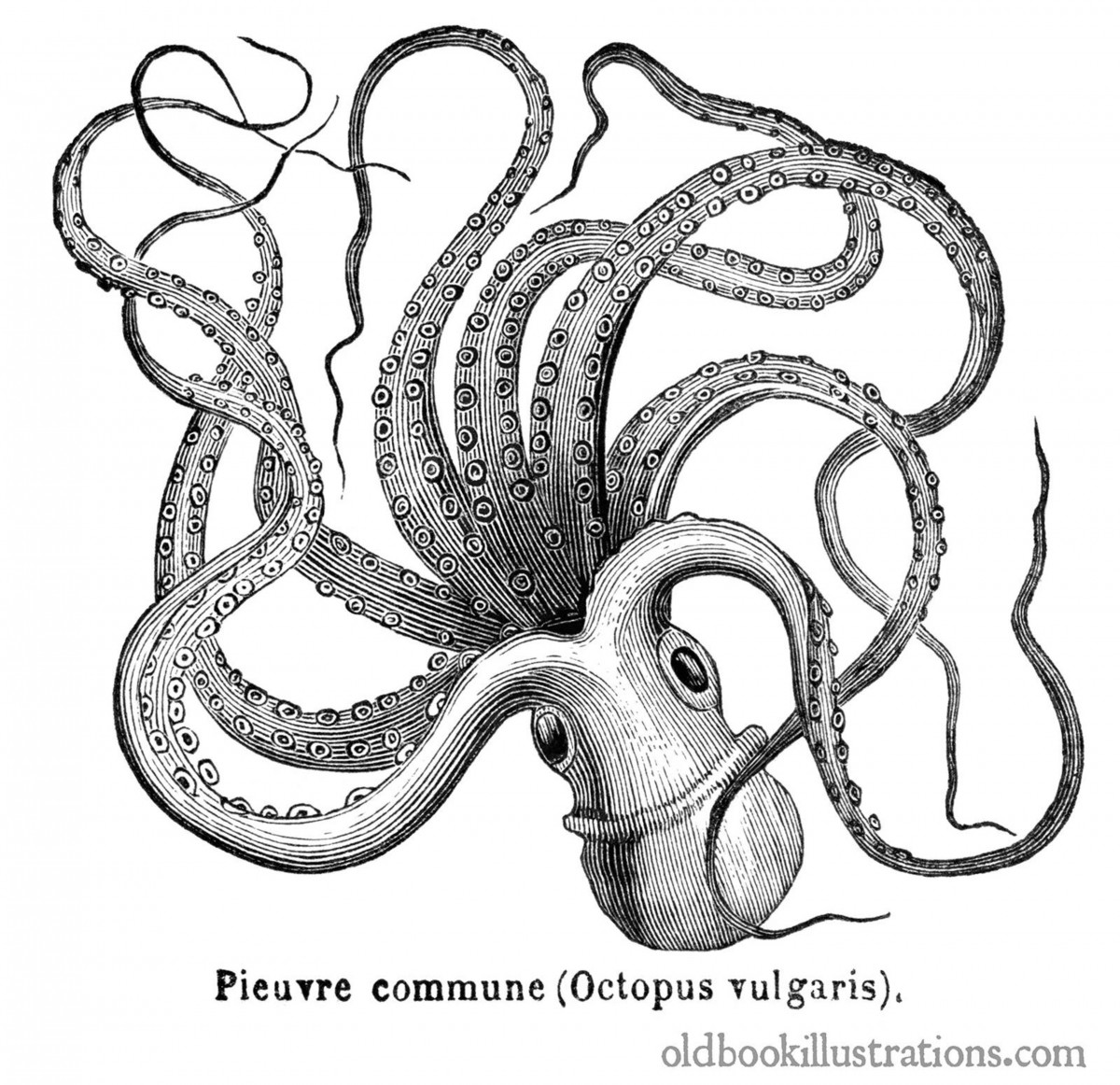
Animal testing is an unfortunate reality of how we make biomedical research happen. While organizations have struggled to drive down cosmetic testing and other non-critical uses of animal lives, animal testing in medicine and the sciences is a necessary evil. (Though it can be debated how much of the foot-dragging is because there really are no viable alternatives)
But I wonder if this might change, now that researchers are looking to replace the standard “lab rat” with one of the most fascinating classes of animals, Cephalopoda — that is the octopus, cuttlefish, and squid. Scientists are interested in the unique makeup of these amazing creatures and want to learn more about how they react to their environments. Plus, they are taking their new ethical ground seriously: Cephalopods, some of which are “the closest we will come to meeting an intelligent alien” are governed by similar experiment rules that protect fruit flies, worms, and other invertebrates. Will that be enough to protect these mysteriously intelligent creatures as we strive to understand them?
The Marine Biological Laboratory is making the attempt. NPR reports:
“‘I ended up sequencing the [California two-spot] octopus genome because I’m interested in how you make a weird animal,’ says Carrie Albertin, who now works at MBL. ‘Most of their genes have some similarity to genes that we have and other animals have. Their close relatives are clams and snails. But they seem just so otherworldly.’ […]
Knowing all the genes is just a start for researchers interested in these animals. The obvious next step is trying to tinker with those genes, to see what happens if they’re disrupted. […]
Figuring out how to do this has been labor-intensive. Research assistant Namrata Ahuja sits at a microscope, where she injects gene-editing material into tiny squid embryos over and over and over again.
‘You get embryos almost every day, and their clutch that they lay can vary anywhere from 50 to 200 eggs in one clutch,’ she explains. ‘So if you get that many in one day, for five days a week, that adds up.’”
Research into these animals can yield fascinating insight into their behaviour. In addition, the more we learn about the octopus, the more we can describe the boundaries of human nature — while the evolutionary branches of cephalopods and humans on the tree of life diverged long ago, the study of octopuses, in particular, is illuminating because “evolution built minds twice over.”. The MBL team is spearheading anaesthesia research to keep these critters comfortable and unexploited. If those qualifications are met, who knows what wonders Cephalapoda can help us unlock?